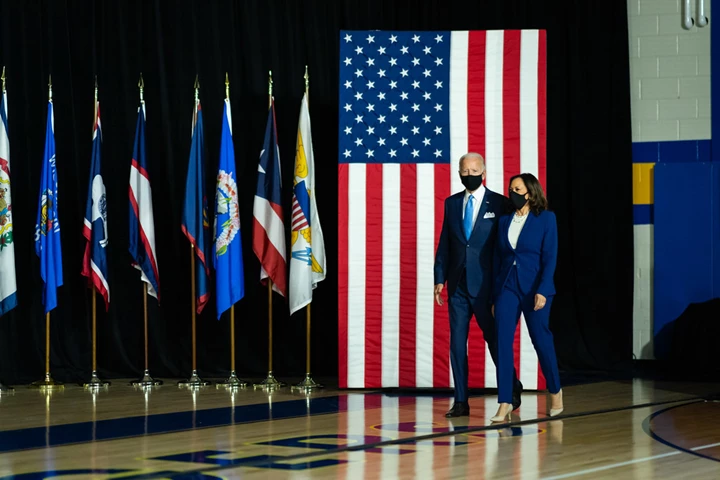By Carlos Yordan, Ph.D. Drew University
Before President Donald Trump took office, international students were coming to the United States in record numbers to complete their undergraduate or graduate studies. His nationalist opinions and his administration’s immigration policies dissuaded some international students from applying to US colleges and universities. While the global market for international students has become more competitive in the last several years, the United States is still the number one destination globally for international students and Joe Biden’s election as President of the United States will help the American higher education sector secure its long-term advantages.
Given the recent turn of events, why should international students continue to come to the US for their undergraduate and graduate studies?
To begin, the American higher education sector is still the world’s most diverse, vibrant and prestigious. According to the most recent Times Higher Education’s “World Universities rankings”, 14 out of the top 25 universities are in the United States. US colleges and universities do even better in the rankings conducted by the US News and World Report or the QS University Rankings. Additionally, because the United States has hosted international students for many decades, colleges and universities have established academic supports to help these students succeed in their studies. Given US higher education’s orientation towards the co-curricular experience as a key attribute of the degree, these institutions have also created robust programs to help international students adjust to life in the United States and to help them become active in their campus communities.
Considering the impact of the Presidential election, more directly, we can anticipate immigration policy changes that will be student friendly. Biden’s transition team has made it clear that it will reverse the Trump administration’s immigration policies, including the so called “Muslim Ban”, which has directly affected thousands of international students from Muslim-majority countries. The new administration will also quickly relax many of the restrictions the Trump administration placed on student visas.
Biden’s administration likewise suggests policy changes that will facilitate students’ efforts to garner work experience after they finish their degrees. Research shows that many international students enroll in US colleges and universities in hopes of gaining a job in the US after graduation. While the Biden team has yet to release specific policy detail on this issue, most experts believe that his administration will help international students have access to the US labor market. For example, many current international students in the US point out that Biden’s victory will mean an end to the Trump administration’s attacks on the Optional Practical Training work program, which has allowed thousands of international students to secure jobs in the US after their graduation. Experts also highlight Biden's plan to “increase the number of visas for ‘permanent, employment-based immigration’”, which will also benefit international students’ prospects of staying and working in the US after their studies.
Further, while President Trump’s nationalist rhetoric inflamed anti-immigration and racist sentiments, his departure from the White House will tone down public debates on immigration and race. While university professors and administrators openly criticized Trump’s views and challenged many of his immigration policies, many international students felt uncomfortable with America’s growing divisions. Many colleges and universities, driven in part by the wave of protests sparked by the murder of George Floyd last year, have reevaluated their commitment to diversity and many of these institutions have enacted new strategies to promote more inclusive climates that promote respect for diversity and enhance cross-cultural understanding. These strategies will not only make sure that underrepresented minority students’ feelings are heard or that their interests are taken into consideration, but they will also empower international students.
Finally, the COVID-19 crisis has wreaked havoc on the US higher education system. The Trump administration’s poor handling of this public health response to this pandemic has affected so many international students and their academic plans. The incoming Biden administration has already assembled a team of experts to help the President-elect get control over the pandemic, ensure smooth rollout of vaccination programs and allow the country to move forward. There is a good chance that American colleges and universities will be able to return to normal during the 2021 fall semester, which will be welcome news to professors and students alike.
Dr. Carlos Yordan is Associate Professor of Political Science and International Relations at Drew University, where he also serves as Director of the Semester on the United Nations. Dr. Yordan earned his Ph.D. in International Relations at the London School of Economics. Prior to joining Drew University in 2005 he taught at the University of Alabama at Birmingham. His research includes analysis of recent U.S. foreign policy, as well as the emergence and the evolution of post-9/11 global counter-terrorism strategies. Most recently he has been conducting social media analysis in order to understand social media users’ reactions to current political events, including the U.S. Presidential election.
Photo: Biden for President/Flickr
